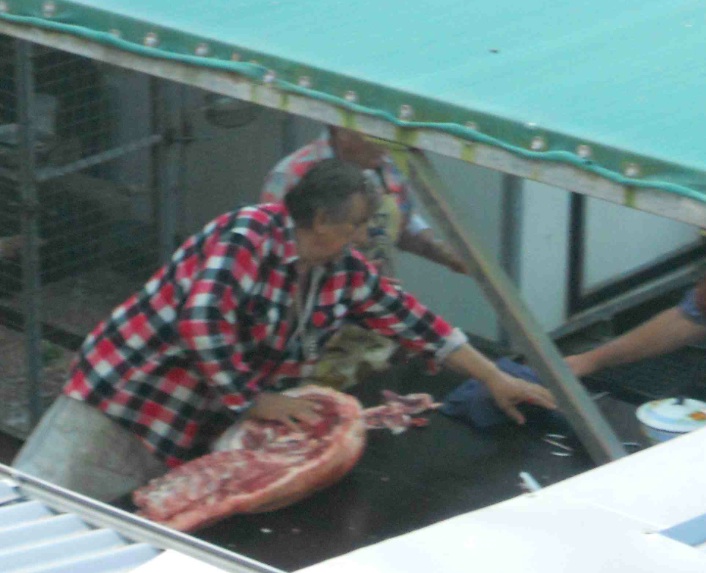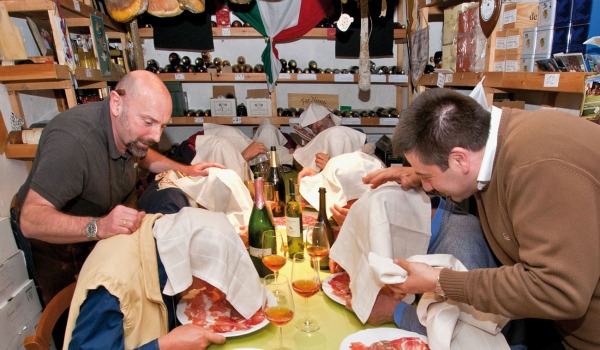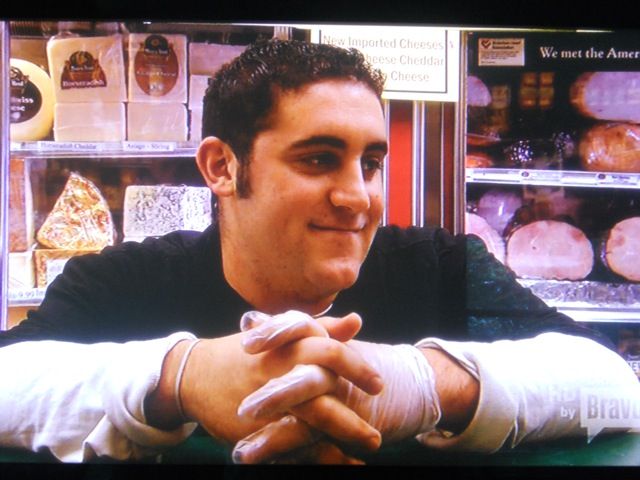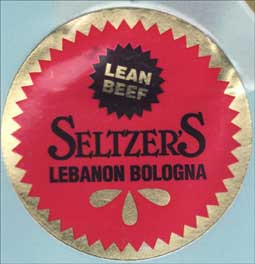A restaurant in southern China that found itself at the center of outrage for selling "koala meat" claims it was in fact selling a type of rat that bears a resemblance to the drowsy marsupial.
An Australian tourist visiting a restaurant in Guangzhou’s Panyu district told a radio station 3AW that diners were able to select a live koala from a cage and could choose whether they wanted it "braised" or "stewed."
Distressed by the scene, the traveller snapped a photo of what appeared to be the iconic animal,  bent forward and facing downward in a cage, with only a carrot given as food.
bent forward and facing downward in a cage, with only a carrot given as food.
But the general manager of the restaurant denied that the animal was a koala, the Xinhua news agency reported.
"The Australian tourist was actually the victim of a false alarm, as the restaurant never sells koala," the manager said.
Another manager at the restaurant clarified that the animal was a bamboo rat.
The Chinese bamboo rat is found in southern parts of the country and is commonly sold in food markets.


 placed over one’s head and the plate, deeply inhaling the porky perfumes, stimulating salivary glands and appetite. Remove napkin, taste salumi, and drink sparkling wine—Champagne, Italian sparklers, or Lambrusco. Then head for dinner. I felt renewed.
placed over one’s head and the plate, deeply inhaling the porky perfumes, stimulating salivary glands and appetite. Remove napkin, taste salumi, and drink sparkling wine—Champagne, Italian sparklers, or Lambrusco. Then head for dinner. I felt renewed. Caroline’s family went to visit their daughter Lauren’s boyfriend’s family at their Italian food store, Little Italy Deli. One of the men behind the counter handed Caroline a bowl of soup with a gloved hand, and then Marco (or Vito Jr’s brother) struck this pose (right, exactly as pictured). What’s the point of wearing sanitary gloves if you’re going to rub them on your unprotected hand? Apparently there is some cultural confusion about whom the gloves protect, the food handler or the client. In food safety language this is referred to as magic glove syndrome.
Caroline’s family went to visit their daughter Lauren’s boyfriend’s family at their Italian food store, Little Italy Deli. One of the men behind the counter handed Caroline a bowl of soup with a gloved hand, and then Marco (or Vito Jr’s brother) struck this pose (right, exactly as pictured). What’s the point of wearing sanitary gloves if you’re going to rub them on your unprotected hand? Apparently there is some cultural confusion about whom the gloves protect, the food handler or the client. In food safety language this is referred to as magic glove syndrome. And those in charge begin to ignore the safety systems.
And those in charge begin to ignore the safety systems..jpg) Press reported. The restaurant is run by Foods Forus Co, based in nearby Kanazawa.
Press reported. The restaurant is run by Foods Forus Co, based in nearby Kanazawa..jpg) could have been prevented" if the proposed "test and hold" rule it is unveiling Tuesday had been in place.
could have been prevented" if the proposed "test and hold" rule it is unveiling Tuesday had been in place. have reported hemolytic uremic syndrome (HUS), a type of kidney failure that is associated with E. coli O157:H7 infections. No deaths have been reported.
have reported hemolytic uremic syndrome (HUS), a type of kidney failure that is associated with E. coli O157:H7 infections. No deaths have been reported.